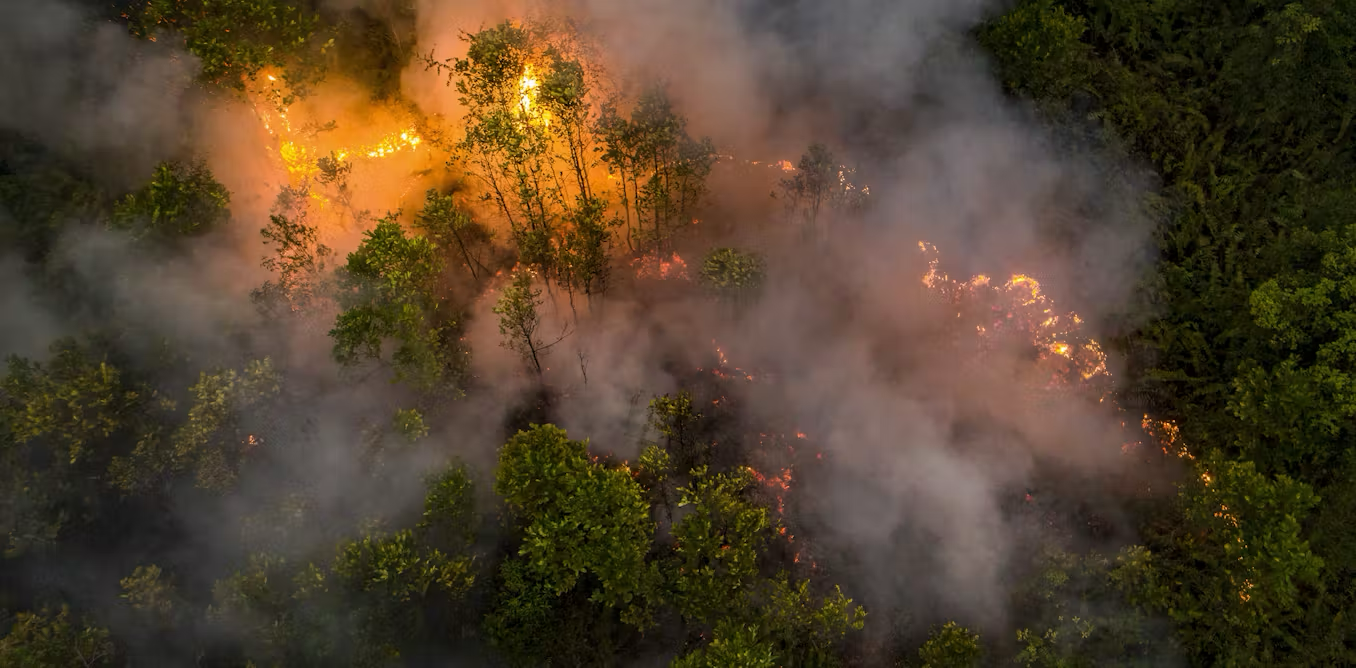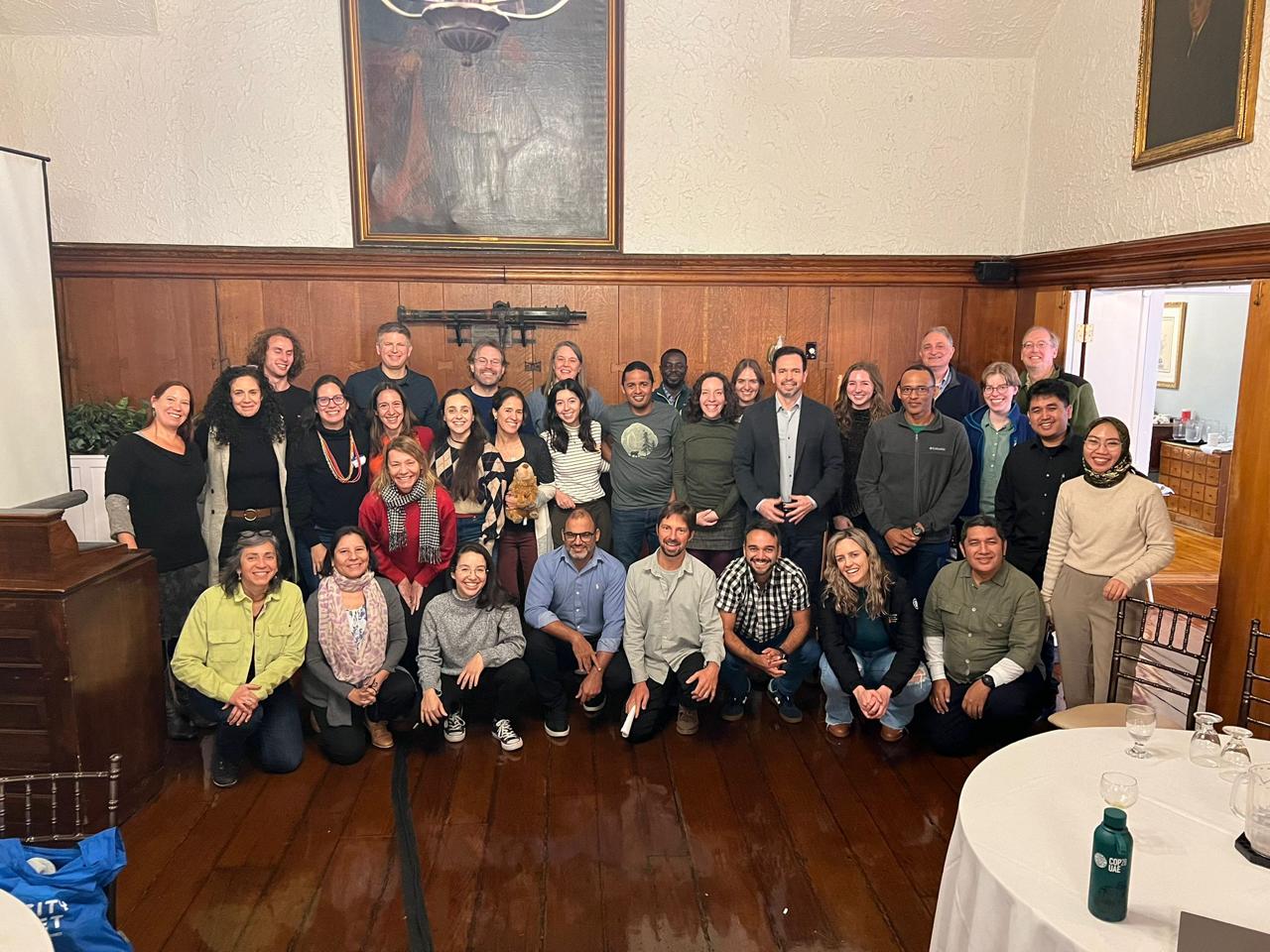


Learning from and exchanging ideas with international caliber experts and practitioners on tropical forest fires not only adds insight, but also sparks inspiration for adoption in forest and land fire management efforts in Indonesia.

Learning from and exchanging ideas with international caliber experts and practitioners on tropical forest fires not only adds insight, but also sparks inspiration for adoption in forest and land fire management efforts in Indonesia.
Connecticut, USA, 26–28 March 2024 – The MapBiomas Indonesia team participated in the Tropical Forest Fires: an integrated view to avoid the tipping point workshop presented by Yale University at the Elm City Club in New Haven, Connecticut, USA. The workshop brought scientists and practitioners from various countries together to discuss causes and impacts of, and solutions to tropical forest fires.
Organized by Dr Paulo Brando from the Yale School of the Environment, Dr Ane Alencar from IPAM Brazil, and Dr Marcia Macedo from the Woodwell Climate Research Center (WCRC), the workshop assembled researchers and institutions involved in the management of fires in tropical countries. Workshop participants included Paulo Brando (Yale University), Ane Alencar (IPAM), Dolors Armenteras (UNAL, Colombia), Hannah Stouter (UCLA, USA), Galia Selaya (Ecosconsult-Prodigy, Bolivia), Erika Berenguer (Oxford University), Divino Silvério (UFRA, Brazil), Bernardo Flores (UFSC, Brazil), Lucas Paolucci (UFV, Brazil), Jim Randerson (University of California Irvine), Marcia Macedo (WCRC), Marion Adeney (Conservation X Labs), Lara Steil (FAO), Imma Oliveiras (IRD and Oxford University), Manoela Machado (WCRC), Jos Barlow (University of Lancaster), Doug Morton (NASA), Liana Anderson (Cemaden), and Chris Barr (Woods & Wayside International / MapBiomas Indonesia).
Timer Manurung, who attended the workshop together with Yustinus Seno and Sesilia Maharani Putri as representatives of Auriga Nusantara / MapBiomas Indonesia, explained that one thing causing many land fires in Indonesia to differ from those in most other tropical countries is the presence of peatlands, where fires spreading inside the ground cause far thicker smoke, tend to be more persistent, and are harder to extinguish. However, he also said that instances of aboveground fires on mineral soils are also relatively high in Indonesia. These include savannah fires in the Nusa Tenggara region, which are rarely subject to research or brought to the public domain. He also explained that MapBiomas Indonesia is currently developing a burnt land mapping platform in MapBiomas Fire.
Research and a variety of fire management measures in other tropical countries discussed during the workshop added insight for the MapBiomas Indonesia team. Much of the research dissemination and collaboration occurring in other countries and discussed in the workshop also provided inspiration that can hopefully be adopted, passed on and expanded in Indonesia.